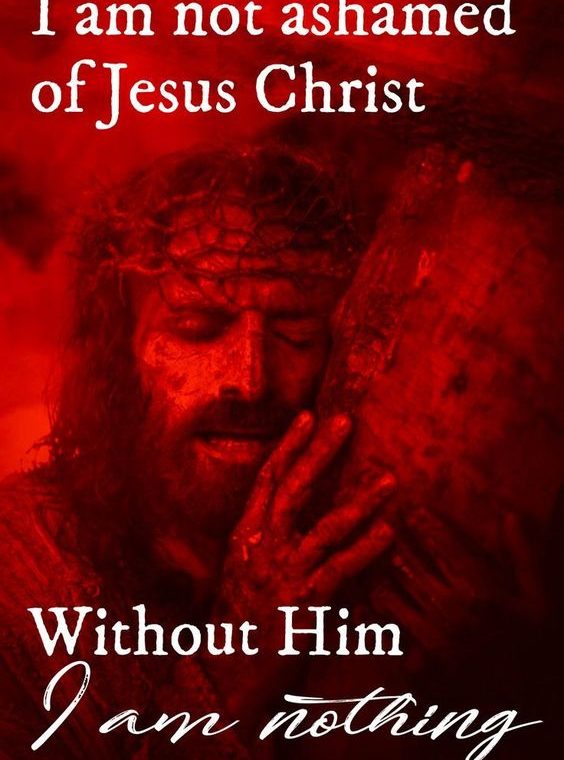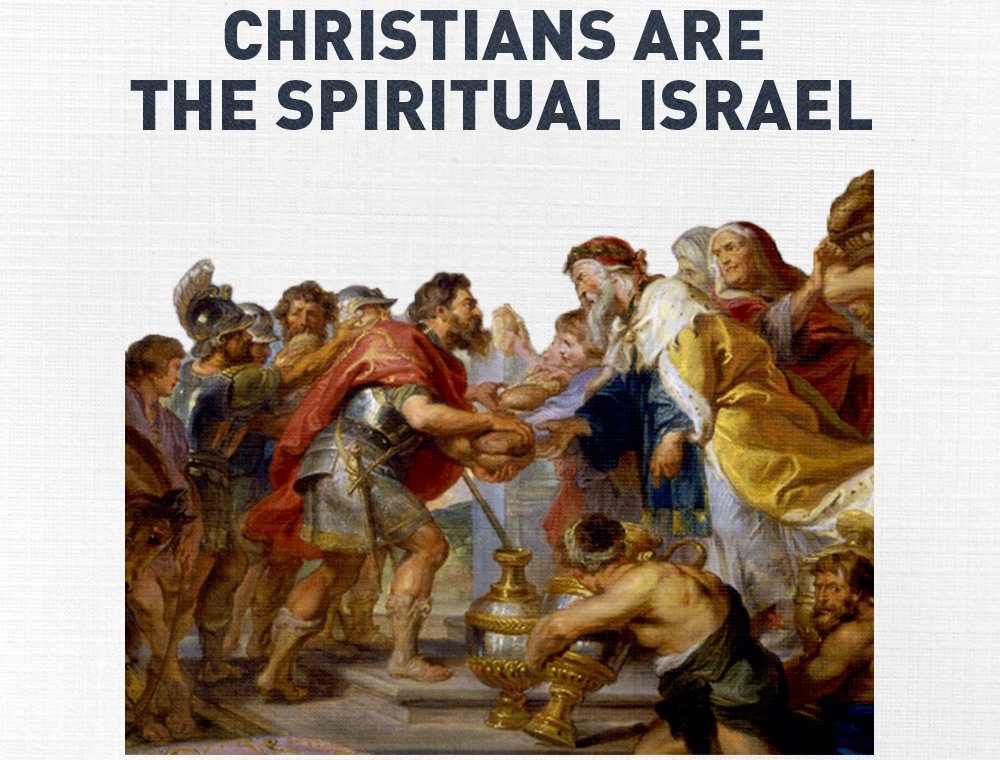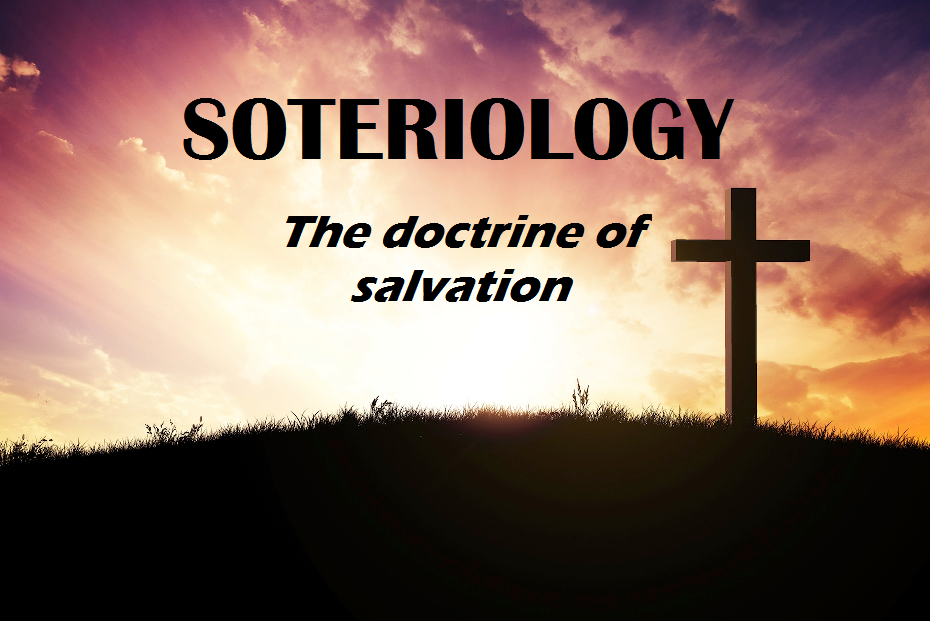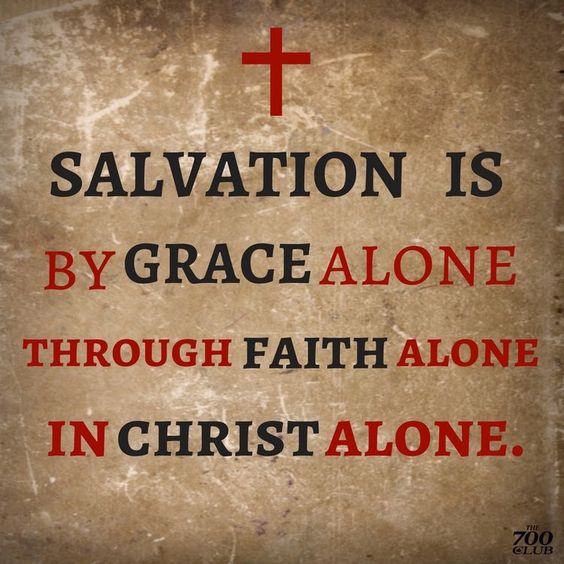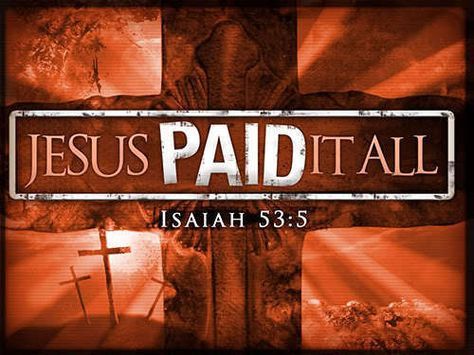Who Is The True Author Of Salvation? (Four)
0 Comments
I do understand that we have different theological beliefs based on the didactic stance of individual’s religion of profession. I cannot be unwise enough to force my biblical orientation on anybody. Anyone, as free moral agent, has the volitional will to embrace any spiritual way of life. But it should, I understand, be known that anyone who jettisons the teachings of the Bible definitely does it at his own peril. Selah!
If God’s protocolary documentation disciplines us to understand that “by their fruits ye shall know them”, the prophet of Ahura Mazda has evidently shown a marked distinction between Jehovah and Ahura Mazda. Ahura Mazda, the wise lord, albeit, all-wise this god worshipped by Xerses of Babylon lacks the quiddity of the Omnipotent Jehovah Jesus. It took eternality of power to have wrought the soteriology.
God the Father used His Omnipotence to bring Jesus Christ back from death in order to actuate the soteriology. Amen. The God of the Bible is the true Author of salvation. The difference between Ahura Mazda and Jehovah is in the definitions of their names; one is ‘Wise Lord’ and the other is ‘I Am That I Am’. Jehovah is the covenant name of salvation. Jehovah means “One Who is, by His own power!”Read More



